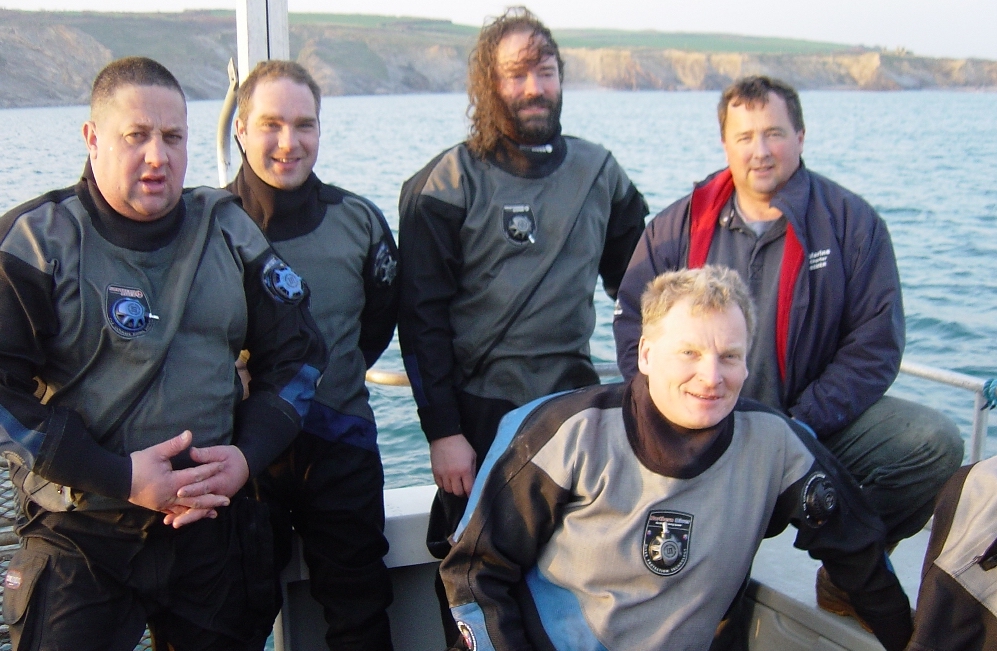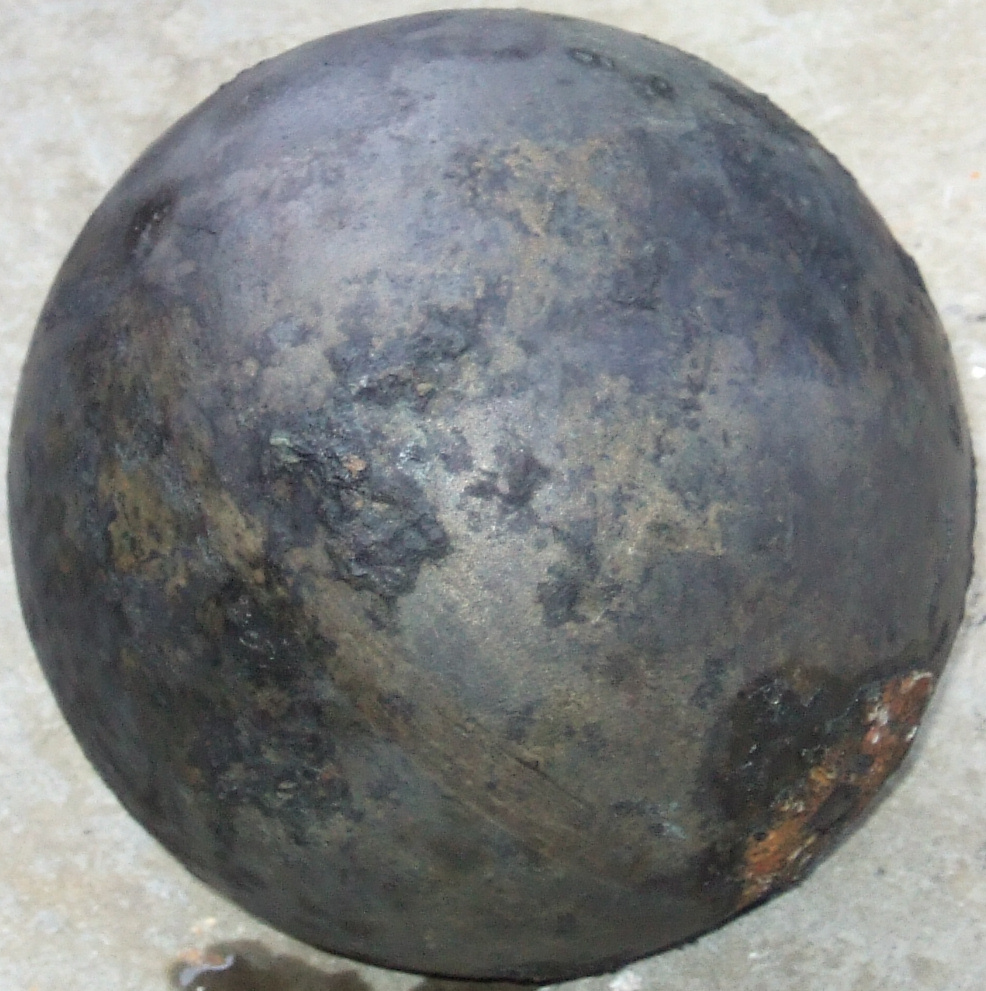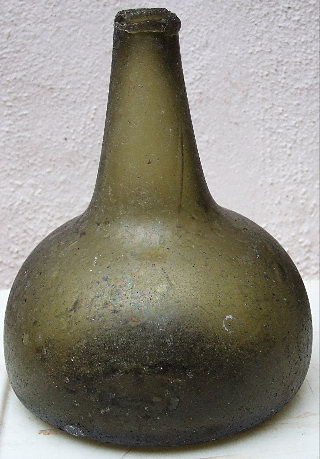News
Mark Milburn’s Cornish Wreck Ramblings, Part 6: Flotsam, Jetsam and as far as you could see a barrel

Wrecks happen, they always have, especially along an exposed coastline like the one around Cornwall. Many have heard the stories about the wreckers; were there really people out there, deliberately causing wrecks? The rumour goes like this, someone stood on a cliff waving a light. The light was supposed to look like a mast head light, at anchor, swaying gently in a protected cove. The unsuspecting ship out in rough seas, would see the light and head for the sheltered water. The ship would strike the rocks, the wreckers would kill anyone alive on board and steal the cargo. Were there really people doing that?

There are no records of anyone ever being prosecuted for such an action. There were prosecutions of people taking cargo from wrecked ships, as well as taking flotsam and/or jetsam. There were and possibly still are, some very old laws in place. One of which was the “right to wreck”. The “right to wreck” was an old manorial right to any wreckage, flotsam or jetsam, from a known or even an unknown wreck, along the coastline of the manor to which it was granted. They had to set a limit for the distance offshore, for most of these it was as far as you could see a barrel floating, from the shore. How this was interpreted is a wild guess, could a very tall person stand on a cliff, or did it have to be the from the beach?
Anyone else taking anything within the manorial coastline, was breaking the law. Whether or not these rights are actually still legal, is not sure. It is believed, that they are now no longer legal or have lapsed due to the rights being given to the original manor. The old “right to wreck” law, only related to things that could actually be seen, it didn’t relate to anything under the water; that belonged to Davy Jones.
 As divers, most of us believe that “wreck” is a ship on the seabed or ashore. The Receiver of Wreck judges anything from a ship to be “wreck”, whether it is flotsam (floated), jetsam (jettisoned), lagan (jettisoned and buoyed) or derelict (drifting ship or, a part on the seabed with no hope of recovering). Anything we find and recover, that possibly came from a ship or a shipwreck, has to be declared to the Receiver of Wreck. This is true, even if the item washed ashore.
As divers, most of us believe that “wreck” is a ship on the seabed or ashore. The Receiver of Wreck judges anything from a ship to be “wreck”, whether it is flotsam (floated), jetsam (jettisoned), lagan (jettisoned and buoyed) or derelict (drifting ship or, a part on the seabed with no hope of recovering). Anything we find and recover, that possibly came from a ship or a shipwreck, has to be declared to the Receiver of Wreck. This is true, even if the item washed ashore.
So when does litter become a reportable item? If it came from a ship, it is wreck, if it came from the land, it is litter. This litter can even include cannon balls fired into the sea, at a target or an enemy. If the enemy returned fire and the shot fell short, into the sea, that is wreck. It is about proving where the item came from. If the item has value, it is worth reporting, to be on the safe side. I found an onion bottle, just a random find whilst collecting scallops. I contacted the Receiver of Wreck and I was asked to complete a droit (legal salvage form). There are no known wrecks of this age, anywhere near this location. It must have come from a ship, as it was so far out, but, was it thrown or was it dropped by accident? I now have a letter stating it is legally mine.
Find out more about Mark and Atlantic Scuba at www.atlanticscuba.co.uk
Gear News
Introducing the TR-80, IR-50 and CS-30 Regulators from DYNAMICNORD

Whether you are a beginner or a professional diver – with the three new main regulators from DYNAMICNORD, everyone will find their favourite regulator. They all look super stylish.
Excellent performance with the TR-80
Quality and performance are the be-all and end-all for regulators. It is not for nothing that the TR stands for Tec Reg. The innovative design of the TR-80 guarantees absolute reliability – even in ice-cold waters.

Perfect breathing effort at 0.8 J/l / certified for diving in waters below 10 degrees / structural design made of solid brass for best cold protection / membrane-compensated design with dry seal of the first stage / reduced exhalation effort thanks to optimized exhalation membrane and bubble deflector / adjustable Venturi (dive/predive) and adjustment knob for individual inhalation comfort / innovative design of the front cover prevents free-flow in strong currents or when diving with scooters / design made of sandblasted brass, matt chrome finish / 2 HP and 4 LP outlets / mouthpiece made of high-quality, anti-allergic silicone for maximum comfort.


Amazing underwater adventures with the IR-50
The IR-50 is the top regulator for advanced and experienced divers. Natural breathing is the essence of this regulator.

Ideal breathing effort at 0.8 J/l /certified for diving in waters below 10 degrees / compensated membrane / adjustable venturi (dive/predive) and adjustment knob for individual inhalation comfort/ outlet valve and deflector for minimum exhalation effort and reduction of bubbles on the face / design made of sandblasted brass, matt chrome finish / 2 HP and 4 NP outlets / mouthpiece made of high-quality, anti-allergic silicone for maximum comfort.


The Workhorse – our CS-30
For diving centres and diving beginners – the workhorse stands for strong construction, reliability and robustness. Perfect for your training.

Optimal breathing effort at 0.8 J/l /recommended for diving in waters above 10 degrees / non-compensated piston / adjustable venturi (dive/predive) / outlet valve and deflector for minimum exhalation effort and reduction of bubbles on the face / design made of sandblasted brass, matt chrome finish / 1 HP and 3 NP outlets / mouthpiece made of high-quality, anti-allergic silicone for maximum comfort.


Octopus OP-30
The OP-30 is the ideal addition to all DYNAMICNORD regulators. It is identical in construction to the CS-30.

The TR-80, IR-50, CS-30 (DIN & INT) regulators and the Octopus OP-30 are available from DYNAMICNORD dealers and in the online store.
DYNAMICNORD – Your Outdoor Companion.
Marine Life & Conservation
Paul Watson Released as Denmark Blocks Japan’s Extradition Bid

Renowned anti-whaling activist Paul Watson has been released from custody in Greenland after spending five months in detention. Denmark’s Justice Ministry rejected Japan’s request for his extradition, citing insufficient guarantees that his time already served in custody would be credited against any potential sentence.
The 74-year-old Canadian-American was arrested on July 21 in Nuuk, Greenland’s capital, when his ship docked to refuel. His arrest was based on a 2012 Japanese warrant related to a 2010 encounter in Antarctic waters. Japan alleged Watson obstructed operations and caused damage to a whaling research ship during efforts to disrupt illegal whaling. Watson has consistently denied these claims, maintaining his commitment to marine conservation.
Denmark, which oversees extradition matters for Greenland, concluded that while the legal conditions for extradition were met, the lack of assurances from Japan regarding time-served credit made extradition untenable.
In a video shared by his foundation, Watson expressed gratitude and relief, saying, “After five months, it’s good to be out… and good to know they’re not sending me to Japan.” He added that the most difficult part of his time in custody was being separated from his two young sons.
Watson is a pioneering figure in marine conservation, known for founding the Captain Paul Watson Foundation in 2022 after decades of activism with the Sea Shepherd Conservation Society. His bold efforts to defend marine life have earned him widespread support, including from celebrities and conservationists. His work has also been featured in the acclaimed reality TV series Whale Wars.
Watson’s lawyer, Jonas Christoffersen, praised the decision, stating, “We are happy and relieved that Paul Watson is now free.” He added that Watson is eager to reunite with his family and continue his vital work.
The arrest occurred while Watson’s vessel, the M/Y John Paul DeJoria, was en route to the North Pacific with a team of 26 volunteers to intercept a Japanese whaling ship. His foundation described the arrest as politically motivated and emphasized that Watson’s actions were focused on ending illegal whaling practices.
Japan resumed commercial whaling in 2019 after leaving the International Whaling Commission, asserting that whale meat is a cultural tradition. Conservationists, however, continue to challenge these practices, highlighting their impact on marine ecosystems.
Despite the challenges, Watson remains steadfast in his mission to protect marine life and bring attention to whaling practices. His dedication to ocean conservation has made him a globally respected advocate for the environment.
-

 News2 months ago
News2 months agoIconic SS United States to become the World’s Largest Artificial Reef
-

 News3 months ago
News3 months agoBook Review – 52 Assignments: Underwater Photography
-

 Gear News3 months ago
Gear News3 months agoDYNAMICNORD – New German diving brand enters the British market
-

 News3 months ago
News3 months agoExploring Cenote El Pit: A Diver’s Dream
-

 Gear News3 months ago
Gear News3 months agoTry BARE drysuits (and maybe even win one!) this Friday with Sea & Sea at North West Dive Fest
-

 Marine Life & Conservation3 months ago
Marine Life & Conservation3 months agoBook Review: Coral Triangle Cameos
-

 Blogs2 months ago
Blogs2 months agoDive the Egyptian Red Sea this Autumn with Regaldive
-

 News3 months ago
News3 months ago2024 Ocean Art Underwater Photo Competition Announced















